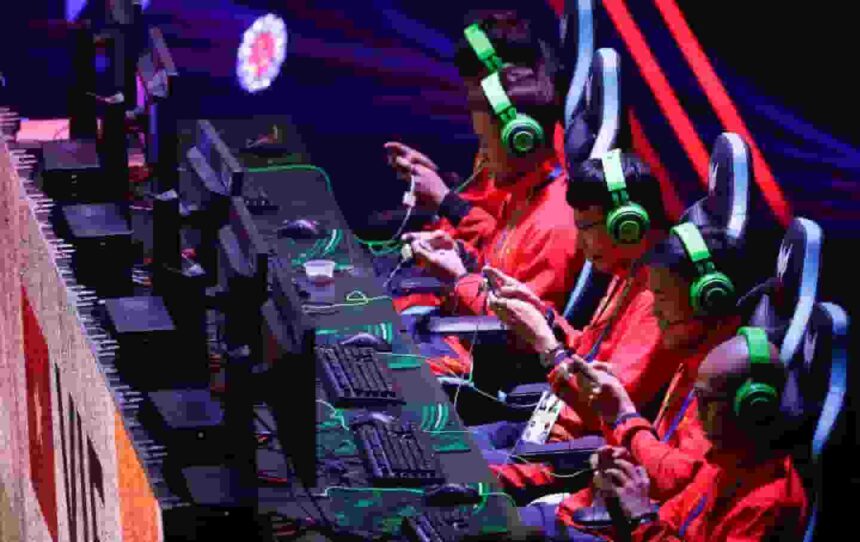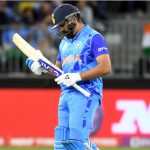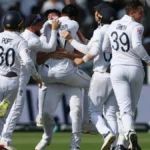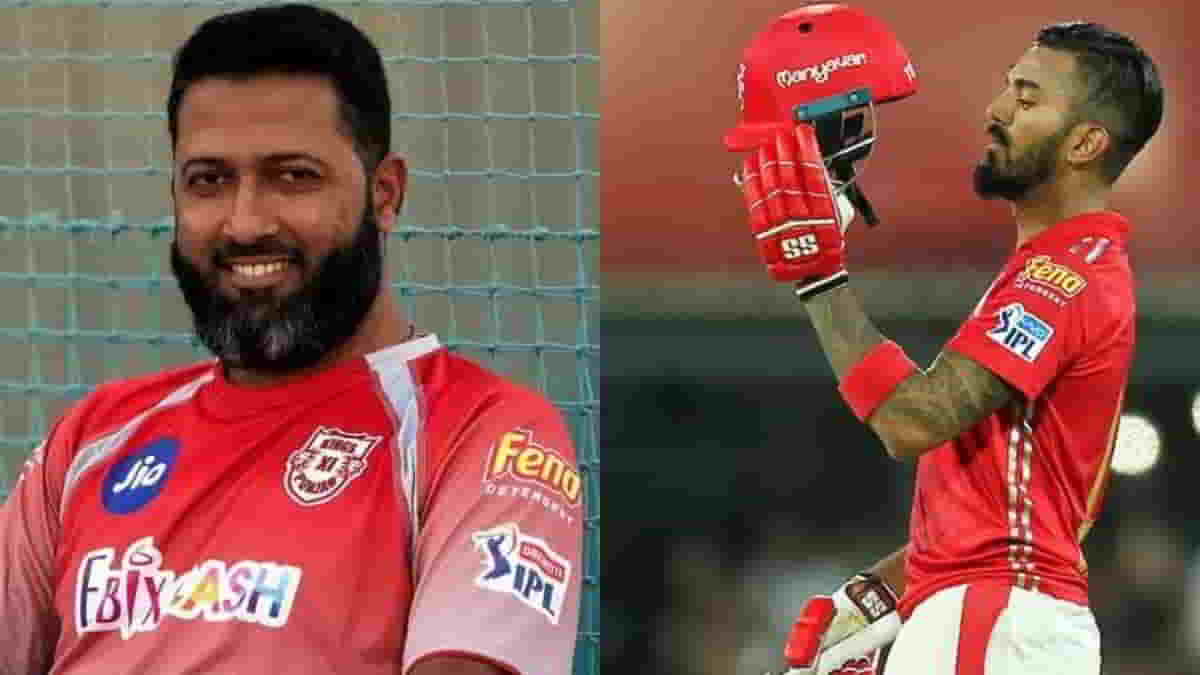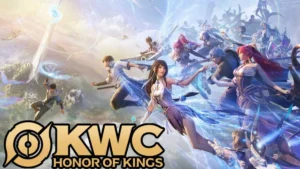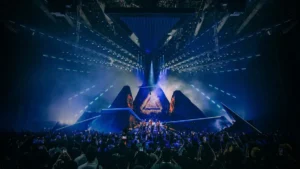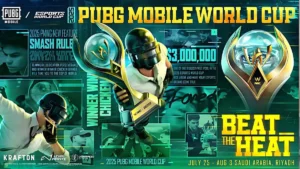Since its infancy, the video game industry has come a long way. We started drawing primitive pictures of Pong balls and Space Invaders on the walls while huddling in the cave-like interiors of our basements and living rooms. In the days of arcades, we defended our castles with swords, arrows, and joysticks. Solo gunfighters like Jonathan “Fatal1ty” Wendel lassoed tornadoes in a way that many of us had only just begun to imagine as the “Wild West” came to life and the word “competitive gaming” was first spoken.
It occasionally seems to occur in between seasons, as in the game SMITE. However, sometimes it occurs right in the middle of games. Dota 2 and many other console circuit teams and games are known for having constantly changing squads.
Although it is vital, player mobility can make it challenging for players to develop loyal fan bases and for fans to follow their favorite players. Not only are player rotations, roster changes, club dissolutions, and reformations tiring on the professional stage, but they are also frustrating for watchers and fans at home. We aren’t pulling for anyone if we can never decide who we are.
Rosterpocalypse
Chances are strong that if you watch any eSports other than League of Legends or Counterstrike: Global Offensive, you are already familiar with this concept (or some version). Players attempt to survive the musical-chairs-like dance for roster positions now and again as some game-loving Mad Hatter flings his eSports hat into the air and yells, “Change places!”
Player Agreements (or lack Thereof)
If the “Wild West” was the beginning of competitive gaming, our time is more like the Industrial Revolution. Much effort is being made, progress is being achieved, and unethical activity is being practiced.
One reason is that most eSports need a structure to provide participants with advice or remedies. The “eSports competitors union” does not exist. If you have any queries or concerns, your only options are to contact the organizations providing the contracts (if they do so) and, in some situations, the player’s parent.
The likelihood of professional players being startled by critical provisions of signed contracts grows in the absence of any central body to which players of any age can turn (such as “buyouts” or early termination fees). Additionally, it increases the likelihood that businesses will try to take advantage of the gamers (such as with NiP’s CS: GO disaster).
Some game creators, like Riot of League of Legends or Hi-Rez of SMITE, have adopted a proactive approach to regulating their games and leagues and are making every effort to protect their players while still enabling the gaming organizations to conduct business.
“Get more sports news, cricket news, and football updates, log on to sportsdigest.in. Follow us on Facebook or Twitter and Subscribe to our YouTube Channel.”


